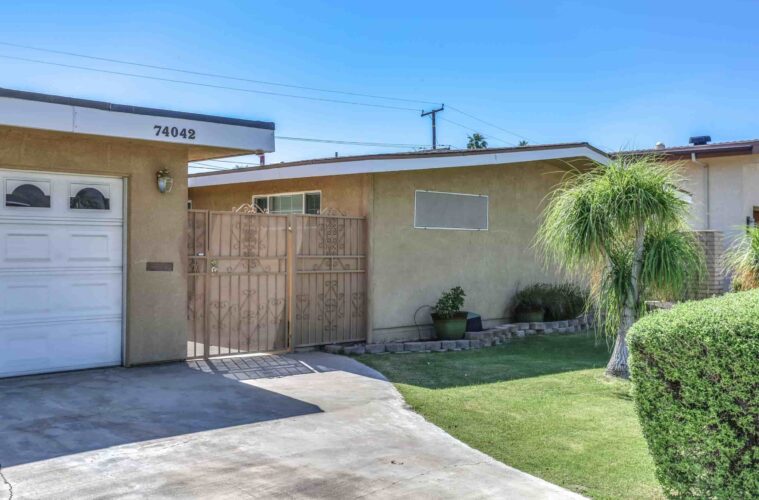Now that most of us are emerging from our pandemic bubbles, the business-minded investors among us may already be set on expanding portfolios by looking into rental properties as a money-making tool. Whether choosing single-family homes or big-city condos, potential buyers seek ways to produce investments that start off with a bang and keep that momentum all the way to the end of ownership.
How best to make this happen? There are several steps to consider when branching out into rental property ownership.
Where to look
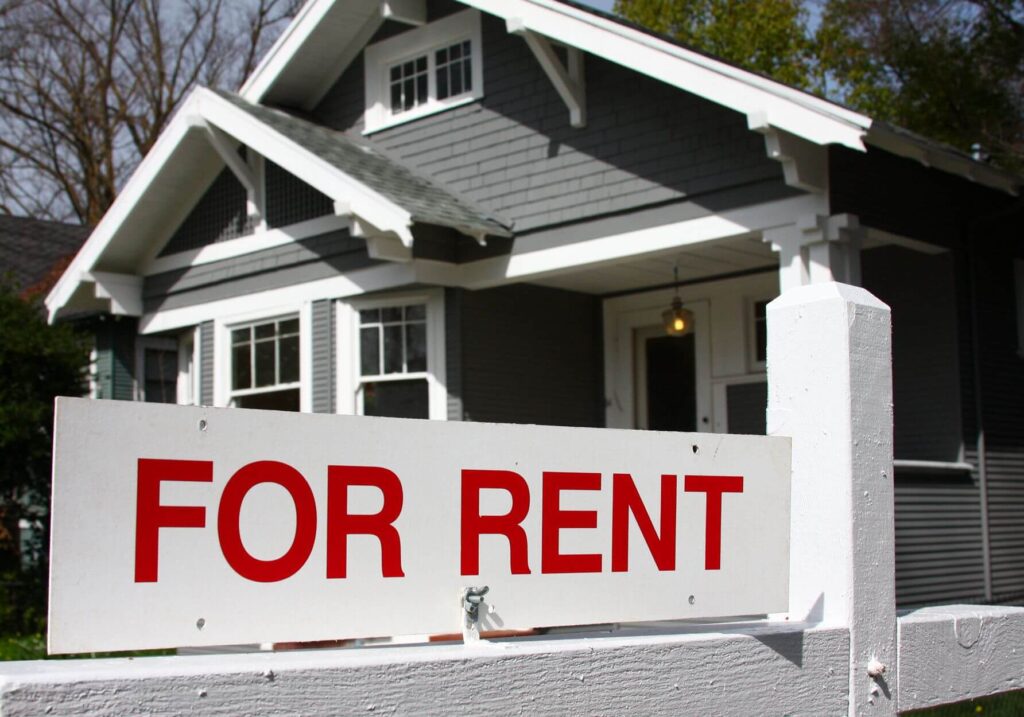
source: thebalance.com
Are you planning to buy properties close to home or perhaps in a holiday area? Both ideas are financially good moves, but each involves different challenges.
Close-to-home rentals mean you have easy access to showing the property and keeping an eye on it afterward. When problems arise, you can be as hands-on as you like – fix that leak yourself or call a trusted repairman to do the work for you.
Rentals in holiday areas far from home mean you need help when it comes to day-to-day operations and issues that will most likely arise. You might decide to hire a property manager or a management group to ensure your investment remains viable. They will approve tenants, handle rents, watch out for maintenance issues and landscaping needs, and schedule appliance servicing. It will be their duty to provide safety to both your properties and your tenants, so choose wisely.
No matter your choice, go into the project with your eyes open: Now is not the time to consider yourself the next home show star. You need real information, stats on your chosen location, and expert advice on how best to move forward. Don’t be afraid to reach out to professionals about how they made their own mark in the rental world.
What to purchase
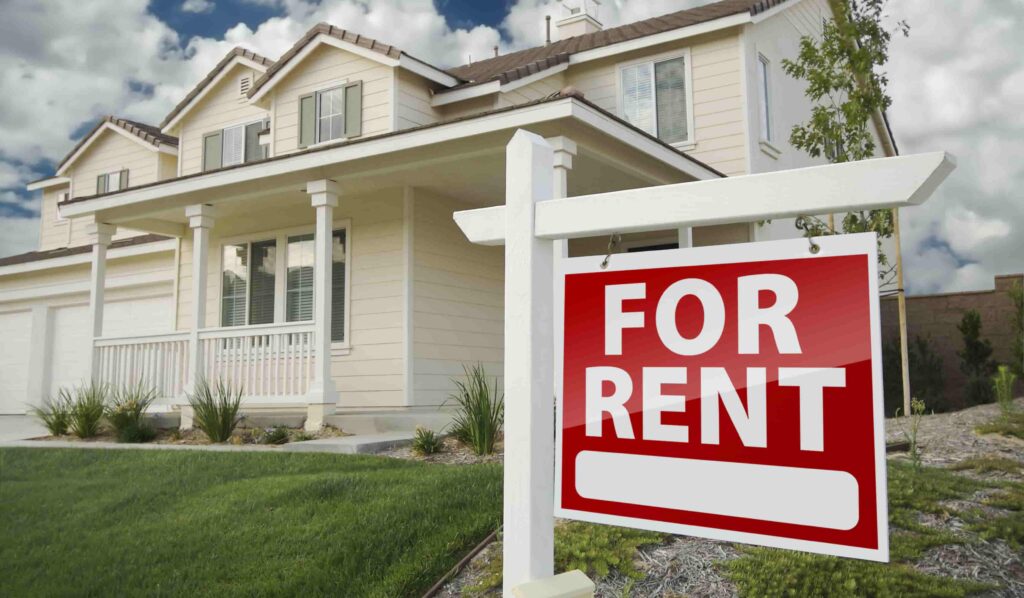
source: pinterest.com
When it comes to rental properties, the sky’s the limit when it comes to the type from which to choose. Many first-time buyers settle on choose a duplexes because the owner can live on one side and have rental income from the tenancy on the other side. This is a great way to pay off your own mortgage using rental income as a source of profit.
Other buyers choose single-family homes, condos, townhouses, or apartments as rental income properties. Each has its pros and cons, which is why a property management’s experience can come in handy if you’re not keen on do-it-yourself supervision due to disinterest or distance.
The main issue with rental properties is to decide how much you want to spend upfront, how you plan to manage it, how long you plan your ownership, and the temperature of the market. Experts in the field can help you with all these decisions.
How to buy
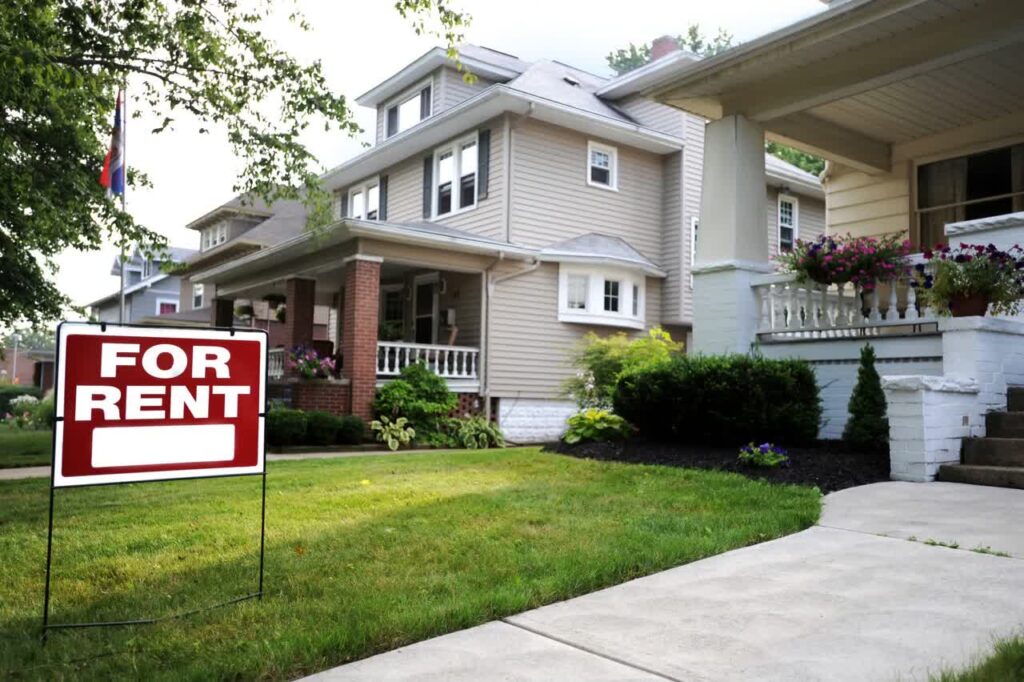
source: seekingalpha.com
Purchasing a home for yourself and a rental property to lease are two different beasts. While you can buy mortgage insurance for the former, you cannot for the latter. This means you’ll need at least a 20 percent down payment for that rental property. And that’s just one of the differences.
Banks seek information on prospective buyers to see if they are creditworthy, have low debt, keep a good cushion of cash for emergencies, and if their jobs seem secure. The same goes for a lender for a rental property, except the lender considers the loan a bit riskier. That means you can buy that investment with cash or you can build up your portfolio to make yourself look better to lenders.
If you aren’t purchasing the property for cash, you’ll need a lender. You can choose a regular bank or one that specializes in rental properties. Each has its own set of requirements and requires a mountain of paperwork, but that’s expected. Regular lenders tend to offer loans for construction, house flips, and remodeling, while some specialized lenders focus on building up rental investments. Research before you choose – some lenders even have hybrid loans that involve both cash and loans, which means keeping more money in your pocket now to build up your piggy bank for later issues.
Go in with your eyes open and your wallet ready to show off. With your finances all spelled out, a lender is more likely to accommodate your requests, so leave no stone unturned before you request money from any lender. It’s always best to be proactive and not reactive in such a situation and it shows the lender you’ve done your homework on what’s expected as a customer.
Things to consider
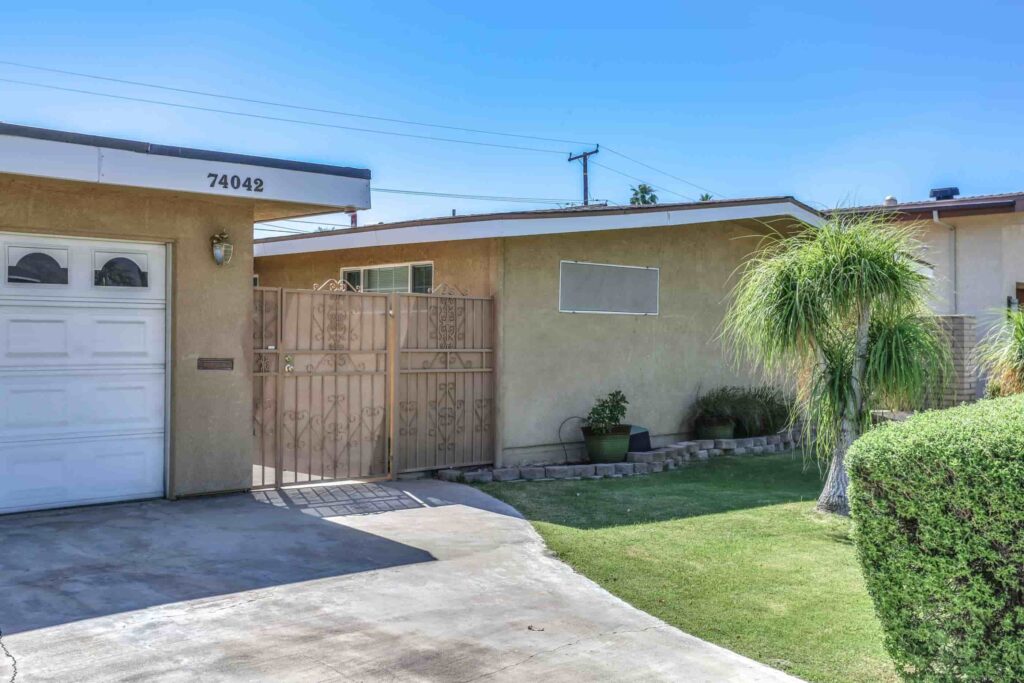
source: marketleader.com
Investing in rental properties can be a wonderful way to provide for your retirement. That’s why it’s best to understand what’s important and necessary now before making any decisions. By researching and asking questions from experts in the field, you can assure the best decision on how to purchase a rental property, how to take care of it and how it will help you save for your future. Don’t skimp on preparation; it’s the one thing that will be your best friend in this endeavor.

